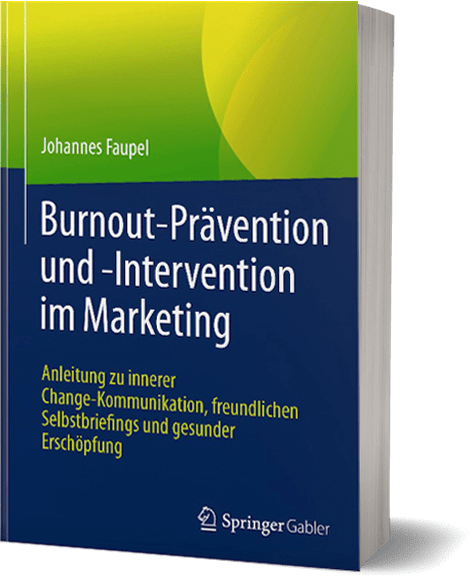Understanding the Side Effects of Adderall
Adderall, a commonly prescribed medication for attention deficit hyperactivity disorder (ADHD) and narcolepsy, is known for its efficacy in enhancing focus and alertness. However, like all medications, it comes with a spectrum of potential side effects. Users of Adderall and those considering its use should be aware of these possible reactions to better manage them.
Common Side Effects
The most frequently encountered side effects of Adderall include:
- Insomnia: Many users find difficulty sleeping due to the stimulant nature of the medication.
- Appetite Suppression: Loss of appetite is common, which can sometimes lead to weight loss.
- Stomach Issues: This may include stomach pain, nausea, and vomiting.
- Increased Heart Rate: Users may experience a faster heart rate and elevated blood pressure.
- Dry Mouth: This is another common side effect that users might notice during treatment.
Less Common Side Effects
While less frequent, some side effects can be more severe and require immediate attention:
- Mood Swings: Some individuals may experience significant emotional changes, including new or worsening mental health symptoms such as anxiety or irritability.
- Dizziness: This may occur particularly when getting up suddenly from a lying or sitting position.
- Headaches: Persistent or severe headaches may occur and require consultation with a healthcare provider.
- Blurred Vision: Any changes in vision should be promptly discussed with a doctor.
Rare and Serious Side Effects
In rare instances, Adderall can cause more serious side effects, which necessitate urgent medical attention:
- Signs of Heart Problems: Chest pain, trouble breathing, feeling like you might pass out.
- Signs of Psychosis: Hallucinations, new behavioral problems, aggression, paranoia.
- Circulation Problems: Numbness, pain, unexplained wounds, or skin color changes (pale, red, or blue appearance) in your fingers or toes.
Managing Side Effects
To manage the side effects of Adderall, patients are advised to communicate openly with their healthcare providers. Adjustments in dosage or switching to another medication might be necessary if side effects persist or worsen.
Alternatives to Adderall
For individuals who cannot tolerate Adderall, there are alternatives, including other medications, behavioral therapies, and lifestyle changes. Additionally, for those interested in non-medical approaches, a self-help e-book can be a valuable resource. These e-books often contain strategies for managing symptoms of ADHD or narcolepsy through diet, exercise, mindfulness, and organizational strategies. They can provide useful insights and practical advice for those seeking to manage their condition outside of traditional medication routes.
By understanding the potential side effects of Adderall and knowing the available alternatives, patients can better navigate their treatment options. Always consult with a healthcare provider before starting or stopping any medication. If Adderall is not suitable for you, exploring resources like a self-help e-book may introduce new techniques that can help manage your symptoms effectively.
For live, up-to-date information regarding Adderall, its side effects, and alternatives, the following sources are highly recommended. They offer reliable and comprehensive details about medications, health conditions, and wellness strategies:
- U.S. Food and Drug Administration (FDA) – The FDA website provides official information on all approved medications, including Adderall. It offers details on usage, dosage, side effects, and safety alerts.
- National Institutes of Health (NIH) – The NIH, particularly through its National Library of Medicine and MedlinePlus service, offers extensive information on drugs, including detailed descriptions of side effects and patient advice.
- Centers for Disease Control and Prevention (CDC) – While primarily focused on public health, the CDC provides resources on managing and understanding chronic conditions like ADHD.
- Mayo Clinic – A respected resource for disease symptoms, treatment options, and drugs. The Mayo Clinic website offers user-friendly guides and research updates on a wide array of medications, including stimulants like Adderall.
- WebMD – Known for its comprehensive health content, WebMD provides drug information, side effects, user reviews, and expert advice on managing conditions treated by drugs like Adderall.
- Drugs.com – This is a useful resource for detailed drug information, including side effects, interactions, and user reviews which can help patients understand and compare different medications.
- Psychology Today – For alternative treatments and self-help strategies, Psychology Today offers articles and resources about mental health issues and therapies beyond pharmaceuticals.
These resources are trusted for reliable, researched, and up-to-date health information and can help individuals make informed decisions about their health and wellness. Always consult a healthcare provider for personal medical advice.



